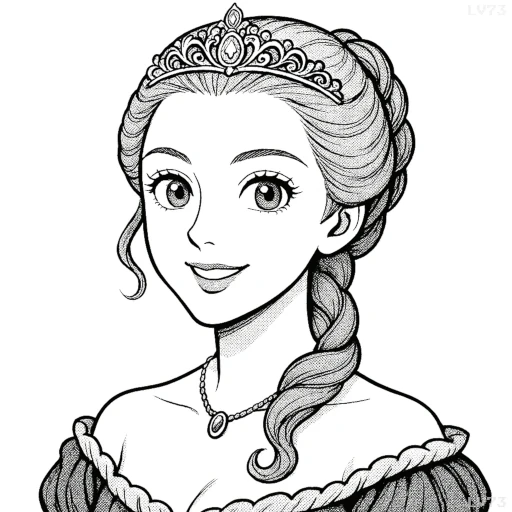“I shall be an autocrat: that’s my trade. And the good Lord will forgive me: that’s his.”

- May 2, 1729 – November 17, 1796
- Russian
- Empress of Russia, Enlightened Absolutist, Longest-Ruling Female Leader of Russia
table of contents
Quote
“I shall be an autocrat: that’s my trade. And the good Lord will forgive me: that’s his.”
Explanation
This quote reflects Catherine the Great’s unapologetic embrace of absolute power, as well as her sharp wit and understanding of her role in Russian governance. By declaring, “I shall be an autocrat: that’s my trade,” she affirms her commitment to wielding full, centralized authority without pretension of democratic ideals. Her rule (1762–1796) came during the Enlightenment, yet she maintained firm control over the Russian Empire, believing that only a strong ruler could modernize and stabilize such a vast and diverse land.
The second part, “And the good Lord will forgive me: that’s his,” reveals a pragmatic, almost cynical view of morality and religion. She separates earthly responsibility from divine judgment, suggesting that moral absolution is not her concern—it belongs to God. This implies an understanding that her actions may be viewed as harsh or unjust, but she accepts them as necessary duties of rulership, leaving any moral reckoning to a higher power.
In modern terms, this quote can be seen as a commentary on the tension between power and ethics. It applies to leaders who justify controversial decisions as part of their role while distancing themselves from the moral consequences. For instance, modern executives or politicians might argue that making unpopular decisions is intrinsic to their position, while absolving themselves from personal guilt. Catherine’s quote endures as a sharp lens into how authority can be rationalized and how leaders cope with its moral weight.
Would you like to share your impressions or related stories about this quote in the comments section?



